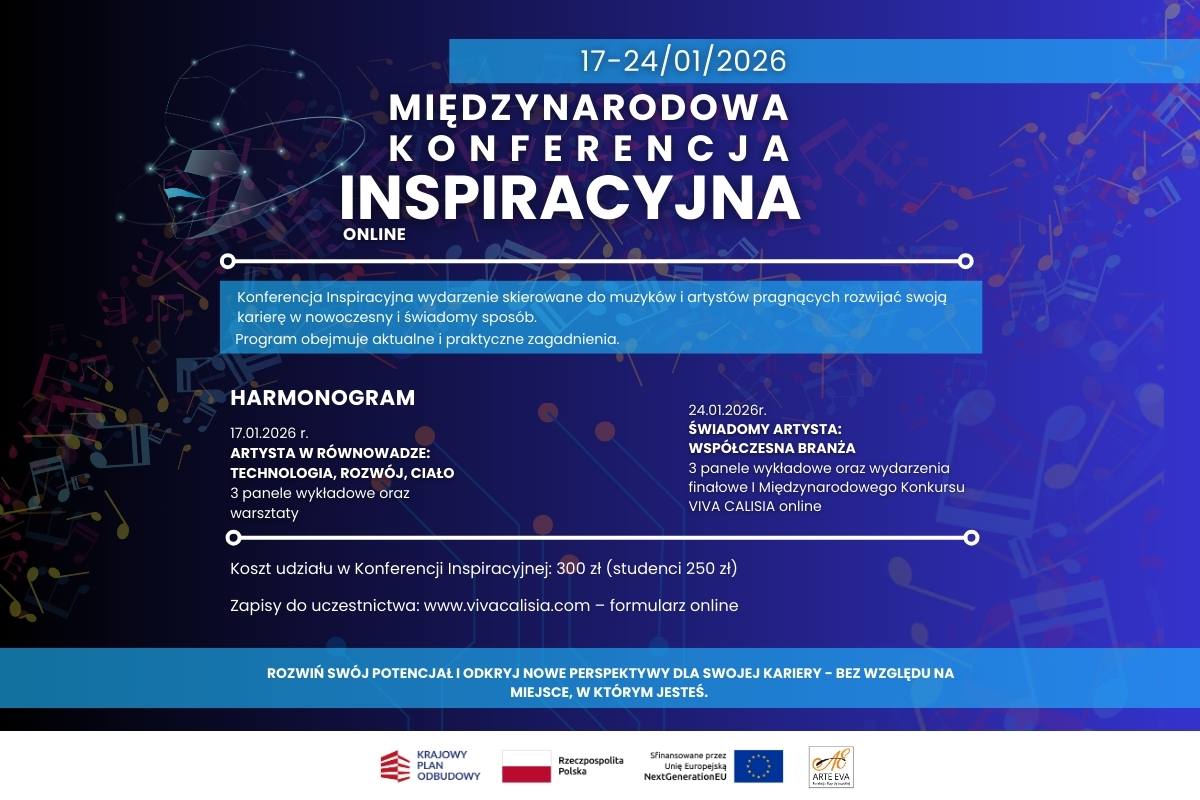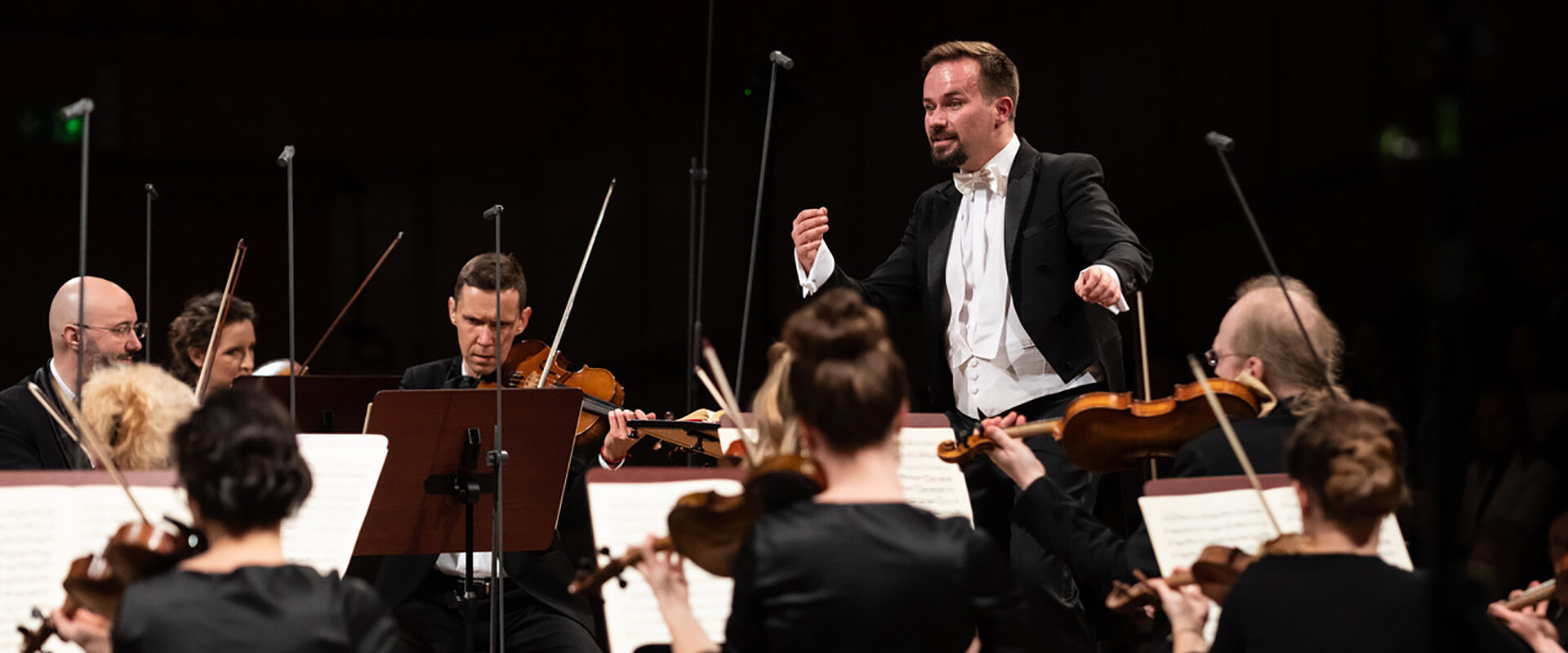 Adam Banaszak: “I am hoping for a twinkle in the eyes of my partners on the other side of the conductor’s podium”
Adam Banaszak: “I am hoping for a twinkle in the eyes of my partners on the other side of the conductor’s podium”
During the 33rd Mozart Festival, Adam Banaszak conducts The Da Ponte trilogy – three Mozart’s operas written by the same librettist, namely Lorenzo da Ponte: „Così fan tutte,” „The Marriage of Figaro” and „Don Giovanni.” We talk to the conductor ahead of the June performances at the Warszawska Opera Kameralna (Warsaw Chamber Opera).
Your first encounter with Mozart’s music. What was it like?
I was perhaps 10 years old when I watched “The Magic Flute” a dozen times in a row at the Grand Theater in Poznań. I sneaked in without a ticket or bought the cheapest one in the upper circle. I thought back to that first enchantment when I conducted a student version of the “Flute” in Poznań more than a decade later, and again – as the music director of the latest productions in Wrocław and Białystok. When I look at the score, I still have more questions than answers.
What challenges does working with Mozart’s scores pose?
They are difficult beyond imagination! One thing is the technique – you can instantly hear any imperfection. When it comes to articulation and dynamics, Mozart is extremely precise. Once you get the basics down, the most important question remains: how to tell these stories? What to focus attention on? What style, pace, or speaking more broadly, what message do you want to convey? It is an incredibly diverse oeuvre, sometimes it is hard to believe that “Don Giovanni” and “The Abduction from the Seraglio” were authored by the same person. The complexity of act finales poses a challenge every single time, it is “an opera within an opera.” The crucial thing is to achieve harmony of the energy on stage and in the orchestra pit.
What are the challenges of working with the early music ensemble MACV (Musicae Antiquae Collegium Varsoviense)?
I would say: what are the pleasures! I am looking forward to working together on timbre, sound, articulation, clear dynamics, contrasts, active phrasing, the flow of each melody, on how to emphasize harmony. I also want to bring some humor and temperament. I am hoping for a twinkle in the eyes of my partners on the other side of the conductor’s podium
Do you have any favorite titles from the catalogue of Mozart’s works? If so, why are they your favorites?
They tend to be the ones I am conducting. I am conducting the Da Ponte trilogy second year in a row (recently in Wrocław, and currently, for the first time, at the Warsaw Chamber Opera). These three operas unlock divine wisdom about love, relationships, longing, and power. At the same time, they contain surprising layers of melancholy, frequently disguised as cheerfulness. I have dreamt of conducting “Idomeneo” for a long time. I am deeply moved by the “Piano Concerto in D minor.” What journey it would be to present the complete Mozart symphonies in a series of concerts. Each time I hear “Requiem” I experience a moment of humility and extreme attentiveness, even though I have performed the score dozens of times with various orchestras and soloists.
Think of someone who has never heard Mozart’s music before and whom you would like to convince to become acquainted with, and perhaps to like his oeuvre. How would you convince them?
I am sceptical about any arguments that could speak louder than Mozart’s music itself. I would invite them to the show. And I am happy to share explanations before and after the performance!




